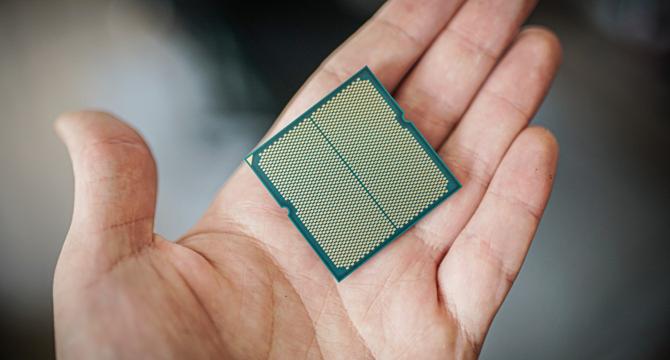Digitaltrends
1M
184

Image Credit: Digitaltrends
Buy now, fix later — PC hardware feels like it’s in early access
- PC hardware launches, especially CPUs, are becoming less reliable and increasingly unstable, as buyers are faced with problems that are hard to foresee.
- AMD's release of Ryzen 9000 CPUs serves as an example, with several updates released in the weeks following their release, boosting performance by significant margins.
- Less than two months after releasing, AMD delivered a series of updates that boosted performance for all of its Ryzen 9000 CPUs.
- Intel’s 13th-gen and 14th-gen CPUs faced a major instability crisis that forced Intel to replace an untold number of impacted CPUs.
- CPUs are increasingly looking towards software solutions to deliver performance gains, meaning that shoppers aren’t seeing the performance they expect on release day.
- Launch issues are bound to come up, but a handful of recent hardware releases arrived on the scene underperforming, suggesting that they were pushed out before they were ready.
- Even if PC hardware is changing, consumers should always consult individual hardware reviews before making a buying decision and keep BIOS updated.
- It’s possible that Meteor Lake, Ryzen 9000, and even Intel’s Arc A750 and A770 GPUs are just some bumps in the road.
- Regardless of the logic, recent hardware launches have proven that it never pays to be an early adopter.
- As it gets more difficult to squeeze performance improvements out of PC hardware, I wouldn’t be surprised if we see more of these kind of post-launch updates.
Read Full Article
11 Likes
For uninterrupted reading, download the app